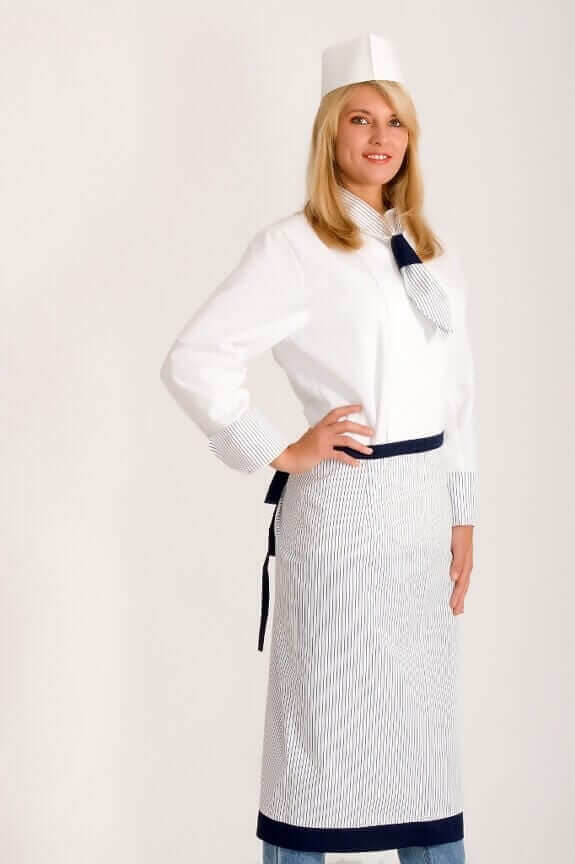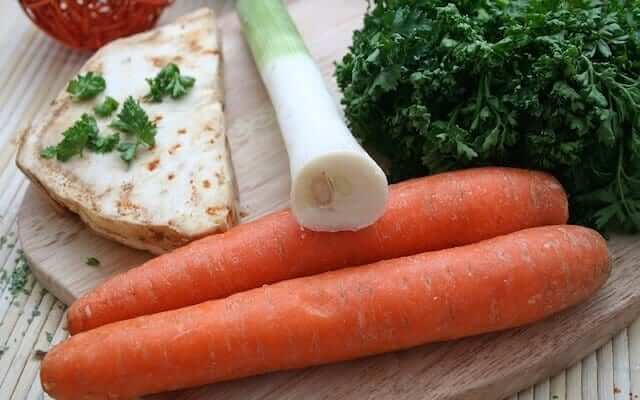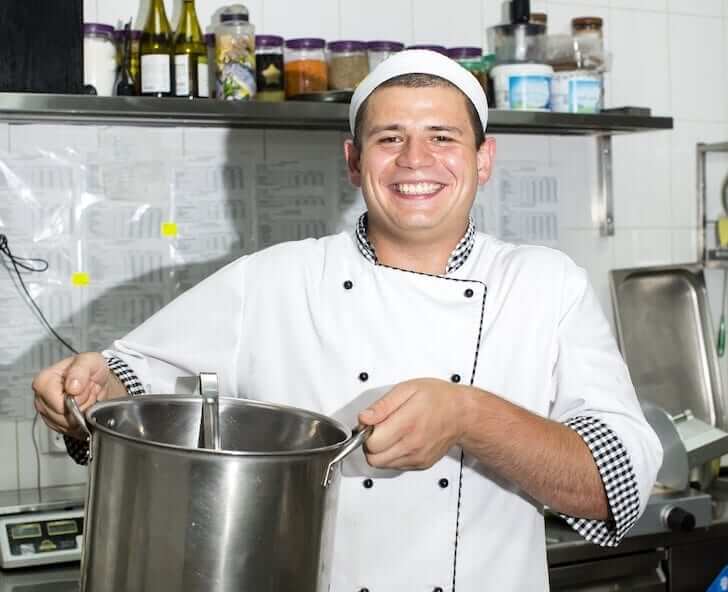How to Become a Dietary Cook
As the world becomes more health-conscious, the demand for dietary cooks is steadily rising. A dietary cook is not only a culinary expert but a nutrition specialist as well. With extensive knowledge of how food affects the body, the dietary cook whips up delicious meals that benefit health. Duties of a Dietary Cook The primary…
This post may contain affiliate links. Please read our disclosure policy.
As the world becomes more health-conscious, the demand for dietary cooks is steadily rising. A dietary cook is not only a culinary expert but a nutrition specialist as well. With extensive knowledge of how food affects the body, the dietary cook whips up delicious meals that benefit health.

Duties of a Dietary Cook
The primary responsibility of a dietary cook is to prepare meals with health in mind. These professionals create nutritious dishes for patients and healthy people alike. In essence, dietary cooks use food as a natural medicine for the body.
Because nutrition takes top priority in this profession, the cook needs to have extensive knowledge about vitamins and minerals, as well as fatty acids, protein and other nutrients. Cooks also need to be familiar with Recommended Daily Intake guidelines as put forward by the National Academy of Sciences.
When preparing meals, cooks need to balance nutrition with flavor. Because many people find healthy foods bland, it is the cook’s responsibility to make meals more pleasant to the palate. This means playing around with different flavors to enhance taste and improving the presentation of dishes.
Cooking is not the only duty of a dietary chef. Like all culinary professionals, he or she needs to clean and maintain the kitchen according to safety and sanitation regulations. This means keeping stations, floors and storage facilities spotless. Cooks are also expected to monitor and restock with fresh supplies.
Dietary Cook Training Requirements
Because the job entails focusing on more than just taste, aspiring dietary cooks need both culinary training and nutrition education. As a professional cook, you must be able to create creative, tasty dishes for diners.
As a nutrition expert, it is up to the cook to prepare meals that contain the right nutrients and calories in the right quantities. Health care centers often provide precise recipes that should be followed to safeguard the health of patients. In some cases, physicians can prescribe specific foods that should be incorporated into a patient’s daily diet.
In addition to cooking and nutritional training, cooks need to obtain certification in food handling, sanitation and other industry requirements. Candidates can either apply for a 2 or 4 year degree that encompasses all the necessary subjects or take a series of short courses at vocational schools to receive different qualifications.
Practical training is crucial in this business. Before seeking employment in health care establishments, trainees should acquire practical skills through internships and apprenticeships available.
Qualities of a Good Dietary Cook
Precision is a trait a dietary cook cannot do without. With a job where quantities and calories are everything, it pays to be detail-oriented. Cooks should get into the habit of re-checking food items because an error can affect the health of a patient in a big way.
Dietary Cook Salary and Job Opportunities
Traditionally, dietary cooks work in establishments that offer health care services like hospitals, homes and hospices. These days, cooks are hired by a variety of employers and even personally by athletes, performers and other individuals whose occupations rely on maintaining good health.
Cooks who are just starting out can earn $10 000 to $20 000 yearly. However, most move on to managerial posts that pay an average of $36 000 per annum. Cooks can also become personal chefs for wealthy clients to boost earning potential.




Leave a Comment